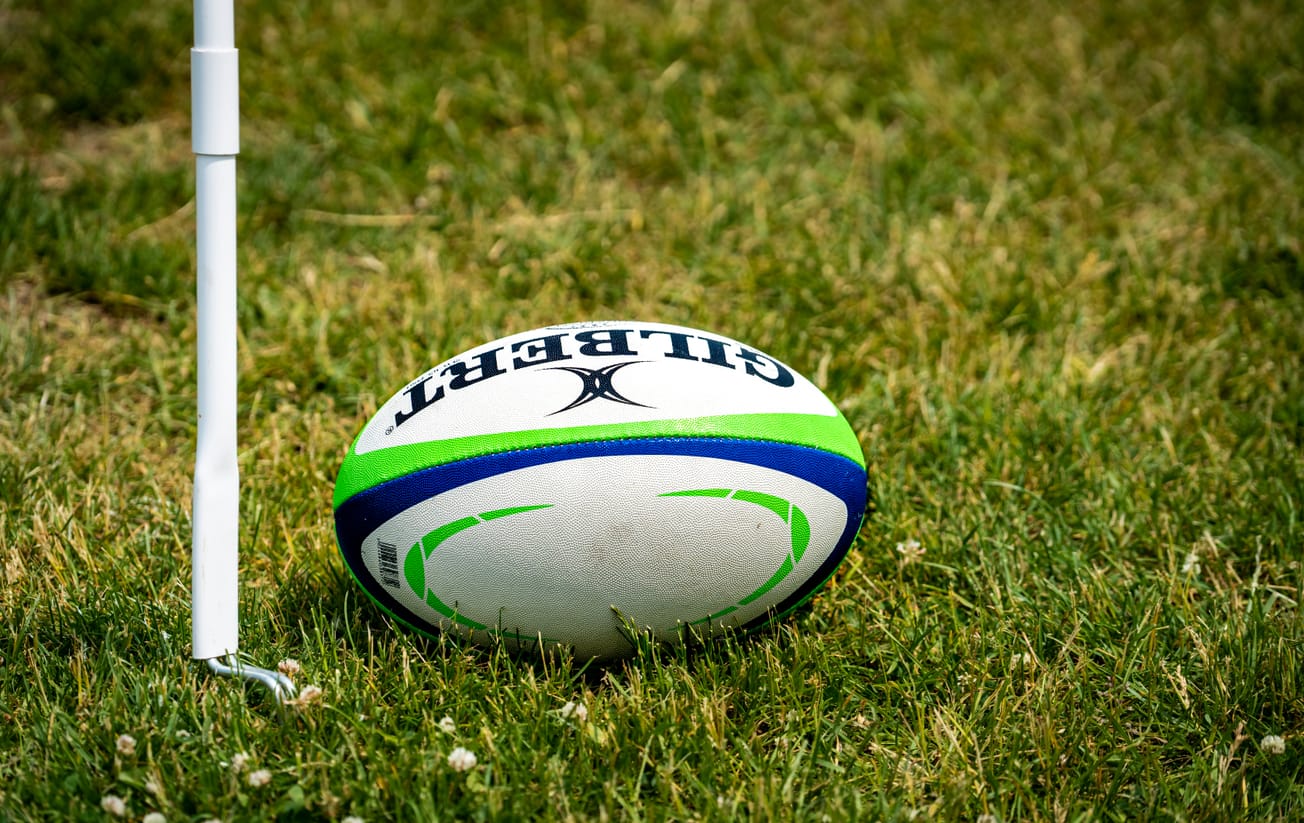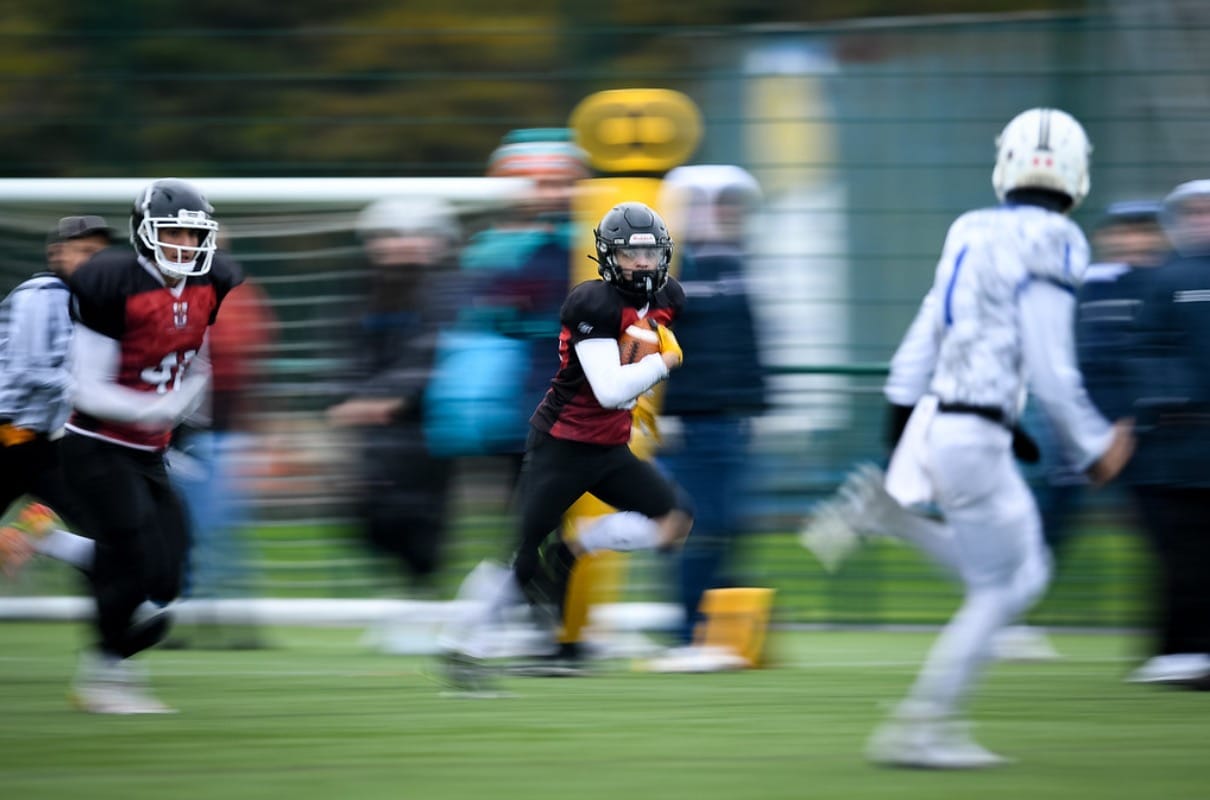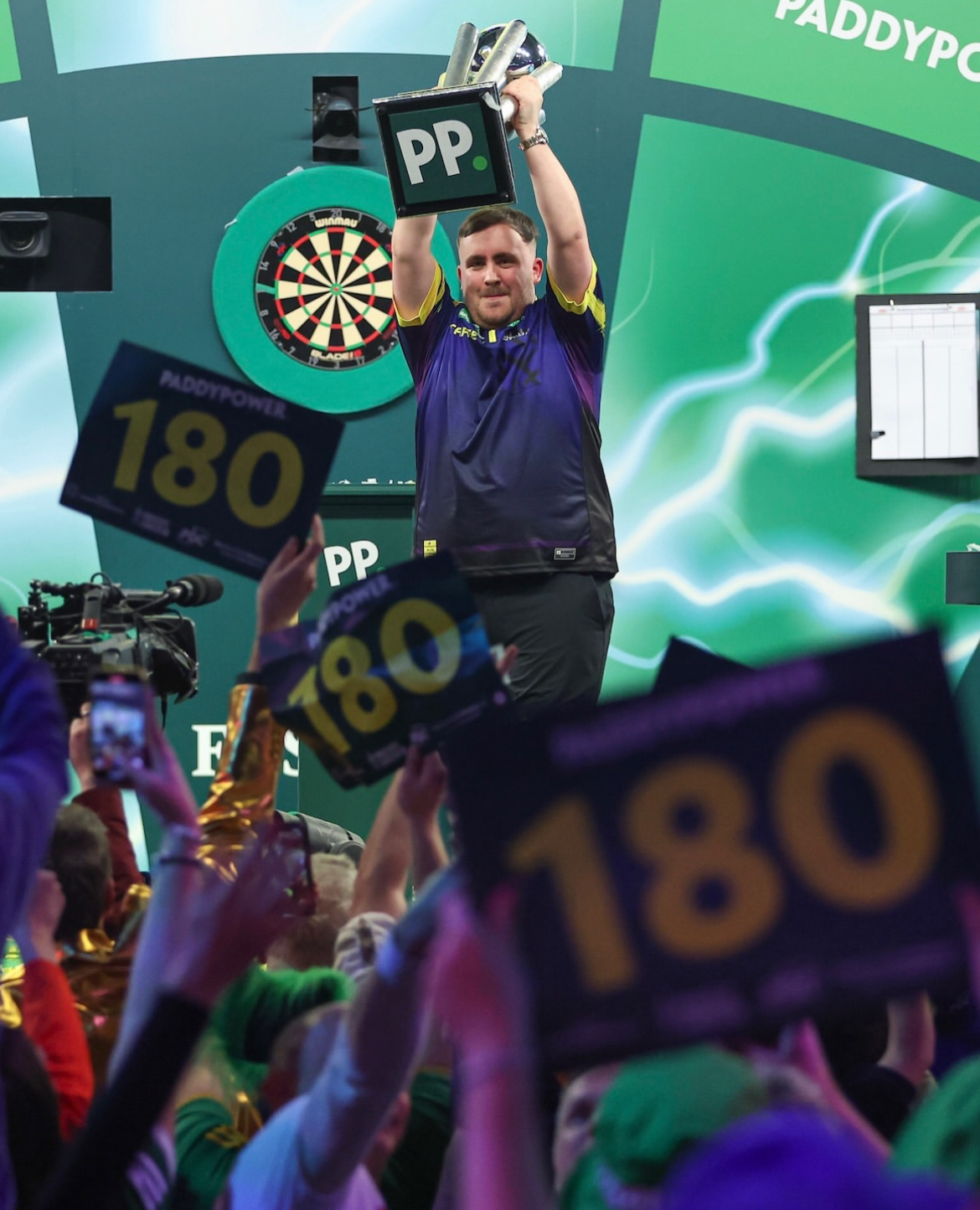By Camilla Sameur, Second Year MA, Law and Cheyenne Denny-Walker, Third Year, Psychology
There always has been a general awareness and acceptance of drinking culture at university, however, almost all the negative connotations are affiliated with the sports societies. Is that really the case?
The attitude towards drinking within university sports societies is unfavourable, with the perception that members are forced to partake in this “essential” activity. This common misconception derives mainly from the media.
You are more likely to see pictures of sports members on the dance floor than at training, which is partially due to the fact that sports at university have partnerships with clubs and bars, so it is natural for this to be showcased.
However, when you look at the social media accounts of sports clubs, you can see that drinking and going out only makes up a small proportion of what they are about.
Drinking is not the defining factor of a sports club. The actual sport is what primarily brings people together. Training and game days allow people to realise that they have more shared interests than their sport, transcending their relationship from teammates, to friends.
The idea that sports cultures are predominantly about drinking exacerbates the importance of alcohol within these friendships. Once you do become friends, it is inevitable that you will participate in other activities together that do not involve drinking, even something as simple as watching Bake Off at someone’s house.
'Drinking and sports societies do not go hand in hand'
Even though there are events that will be more drinking-orientated, they do not exclude people who do not necessarily enjoy drinking. For instance, pre-drinks are typically held at a location that is accessible for all; you are more than welcome to attend and go home whenever you please. The advantage of this is that no one is excluded or left out.

Often, a lot of sports societies have different teams competing at different levels, meaning that training sessions are separate for different teams, and people travel to different locations on game days.
Thus, pre-drinks are a good chance to socialise with other members of the club that you may not have had the chance to due to this. It is also a lighter environment than training and game days, so you have a greater chance of meeting and bonding with new people.
Sports societies create a positive space and an abundance of opportunities to make friends beyond house and course mates, giving people a chance to feel like they belong – especially because it is easy to feel isolated as a first year in a new setting. It can be comforting to continue participation in a sport you may be familiar with, but also to try something new.
'Sports societies create a positive space and an abundance of opportunities to make friends.'
It is also easy to become lazy at university with the change in environment and pressure of academic work, so sports provide an opportunity to stay fit and release stress. University is the perfect chance to broaden your horizons, and sport is the ideal way to do that.

Ultimately, drinking and sports societies do not go hand-in-hand. More often than not, this is a false impression that the media is quick to show and therefore it should not deter you from joining a sport.
Once you do join, you will realise that there is so much more to sports societies than drinking. What people may perceive to be a space that allows peer pressure and promotes obscene night lives is in fact a close knit community, with many social opportunities to engage within.
Featured image credit: Play - SU Sports Night
Do you agree that the media misrepresents the drinking culture of sports societies? Let us know in the comments.








